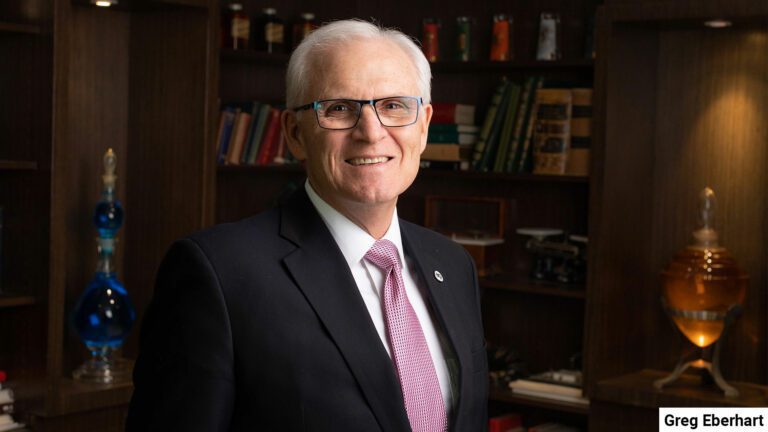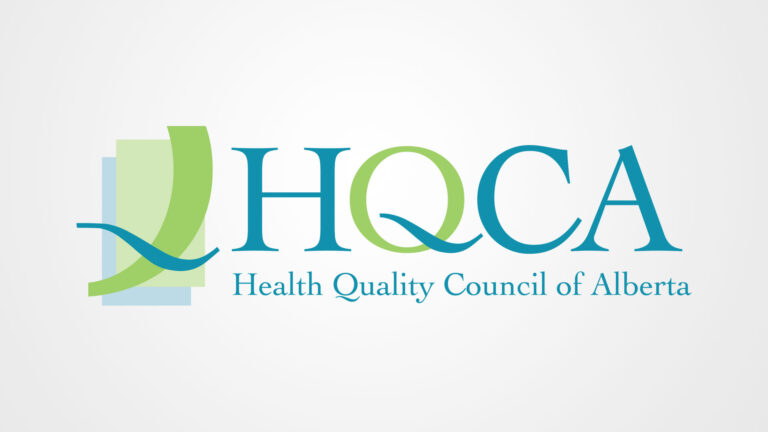
Every day, ACP is engaged in a careful balancing act.
On one hand, the college needs to enable pharmacists and pharmacy technicians within their scopes of practice so that they can best serve the public. On the other, ACP must use the tools available to ensure the quality of those services.
“We’re here to make sure that pharmacist and pharmacy technician practice offers value to the public,” said ACP registrar Greg Eberhart, “but also to ensure that it is done safely and ethically.”
ACP Council must balance the two when deliberating acceptable pharmacy practice in Alberta. “Big picture” discussions about that balance ultimately filter down and impact daily practice in our communities. That’s where Greg sees the chance for every pharmacy professional to engage with the college—however they can, whenever they can.
“As professionals, pharmacists and pharmacy technicians have an opportunity and responsibility to contribute to the policies that enable their practices and services and how they are held accountable when performing and providing them,” said Greg.
Council is a relatively small group, and when making decisions they consider information from a variety of sources, including literature review and the experiences of other professions and organizations. The most valuable insight though, comes from pharmacy professionals in Alberta.
“We are always looking for our regulated members’ contributions to support and inform Council deliberations,” said Greg, “and we provide many opportunities for them to do so.”
ACP Connect events offer a chance for pharmacists and pharmacy technicians to interact directly with members of Council on a variety of issues every year. The insights from these discussions are then shared with all of Council to be considered within its deliberations. Council also hears from regulated members through their feedback during consultations about proposed changes to the standards and bylaws. Every point of feedback collected is reviewed and is presented to Council to support their decisions.
Ultimately though, the greatest impact a pharmacy professional can have is by participating in the election process: stepping forward to run for Council election, encouraging others to do so, and voting.
“With the changes to the composition of Council over the last several years, we are really no longer self-regulated,” said Greg. “ACP is governed through a hybrid model that is a partnership between the professions and an equal number of public members.”
That makes it more important than ever for the regulated members on Council to be strong individuals who can present and deliberate concepts and policies that enrich patient experiences through pharmacists and pharmacy technicians working effectively together.
“In the past, the nomination process was very passive,” said Greg. “Changes to the nomination process require the nominating committee to be far more active in searching for and encouraging potential candidates to apply for nomination for election to Council.”
The committee conducts interviews and considers references to support making informed decisions about candidates who have the knowledge and strengths important to the role of a Council member. Successful candidates must understand the role of Council within the college, how ACP is responsible to the public, and how Council must set aside self-interest to guide pharmacy practice in the best interest of Albertans.
Subject to Council’s approval of potential candidates, it’s up to eligible voting peers to participate in an election to determine their chosen candidate.
“Like any form of governance, it is up to all regulated members to contribute to the election process by voting,” said Greg. “Identify peers who are committed to quality practice, ethics, and leadership and support them.”




